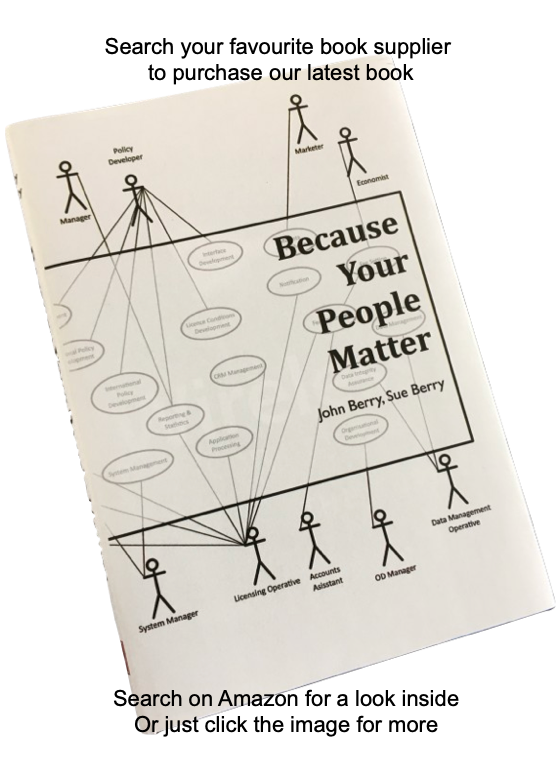Wrongful dismissal, unfair dismissal, constructive dismissal – what’s the difference?
Wrongful dismissal, unfair dismissal, constructive dismissal – what’s the difference?
Written by John Berry on 10th May 2017. Revised 13th July 2019.
3 min read
 Some managers are aware of the difference between the various types of dismissal that may be executed on an employee. There is an assumption that tribunal claims can only be made where a person has service at least longer than some qualifying period. This is not actually true; there are instances where employee can take an employer to tribunal without any qualifying period of service. Indeed, a candidate attending interview can also bring a claim to tribunal if they believe they have been discriminated against in the recruitment process. So, with this jumble in mind let’s try and unpick the salient points.
Some managers are aware of the difference between the various types of dismissal that may be executed on an employee. There is an assumption that tribunal claims can only be made where a person has service at least longer than some qualifying period. This is not actually true; there are instances where employee can take an employer to tribunal without any qualifying period of service. Indeed, a candidate attending interview can also bring a claim to tribunal if they believe they have been discriminated against in the recruitment process. So, with this jumble in mind let’s try and unpick the salient points.
There is no qualifying period for wrongful dismissal claim. Wrongful dismissal claims are normally made where there is been a breach of contract. Such a breach may be due to taking unfair disciplinary action, failure to provide a safe working environment, or failure to investigate harassment and victimisation complaints. Claims of wrongful dismissal can be made to a tribunal within three months of the dismissal, or a case can be taken at county or High Court up to six years after the dismissal. Claims brought to a tribunal are capped at £25,000, and legal costs can be recovered if the claim is taken to the county or High Court. Whilst damages are based on salary and benefits for the notice period, there is no cap on the amount that can be awarded.
Unfair dismissal requires the qualifying period of service of one year (this has been increased to two years for employment starting after 6 April 2012). Claims for unfair dismissal can only be made to tribunal and there’s a time limit of three months from the date of termination. There are some exceptions to the rule where the dismissal can be ‘automatically unfair’. In these cases there is no qualifying period. Any dismissal will automatically be unfair if the reason is due to any of the following:
- Pregnancy and maternity reasons;
- Parental leave, paternity leave, adoption leave or time off for dependents;
- Acting as a companion at a disciplinary or grievance meeting;
- Membership of a trade union;
- Part-time or fixed term contract;
- Discrimination – on the grounds of age, disability, gender reassignment, marriage or civil partnership, pregnancy and maternity, race, religion or belief, sex, sexual orientation;
- Pay and working hours.
Constructive dismissal occurs where an employee feels that they have been given no option but to resign from their job. It is for the employee to prove that their employer committed a breach of contract so serious that they were unable to remain in their role. Constructive dismissal claims are hard to prove so many employees will make a claim for wrongful or unfair dismissal instead.
There is no legislation that stops an employer from dismissing an employee. However, there is legislation allowing employees to make a claim for compensation if they feel they’ve been unfairly dismissed. Dismissal is fair where there is a valid reason for it, and the sanction of dismissal is proportionate to the employee’s actions. Fair reasons are related to:
- Conduct;
- Capability;
- Qualification;
- Redundancy;
- Statutory duty or reason stopping the employee from working;
- Some other substantial reason.
By using the correct approach, and the correct disciplinary action to match the behaviour dismissal is acceptable and often the correct course of action. TimelessTime work with firms (where necessary) to help manage dismissal in a fair, reasonable, and compassionate manner.